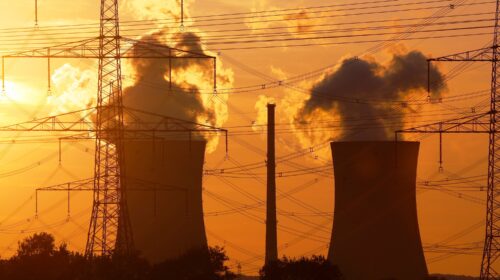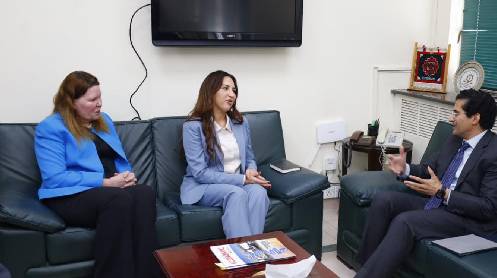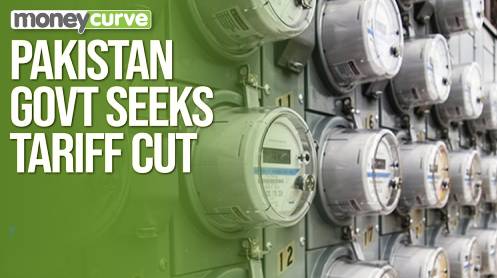For years, small modular nuclear reactors (SMRs) have been teased as the next big thing in clean energy. They were promised to be the solution to safely and efficiently scaling nuclear energy and the catalyst that would bring the nuclear energy renaissance into full swing. But then they never arrived.
“Small modular reactors: What is taking so long?” asked an Energy Monitor report released last Fall. While these next-generation reactors have been right around the corner for years, the strict rules and regulations around nuclear energy, and especially new and unproven models of nuclear reactors, present a lengthy and costly process for SMRs to graduate from the research and development phase to deployment and commercialization. There’s a reason that the only two SMRs in the world that are already up and running are in Russia and China, where authoritarianism cuts through all kinds of regulatory red tape.
But it looks like the rest of the world could finally be getting ready to launch SMRs debut on the global stage. In the United States, the news broke just last week that the Nuclear Regulatory Commission has officially certified the design for what will be the nation’s very first SMR. The certification was published in the Federal Register on Thursday, meaning that companies interested in using the design can start applying now for a license to build. That license serves as “the final determination that the design is acceptable for use so it can’t be legally challenged during the licensing process when someone applies to build and operate a nuclear power plant,” according to reporting from CBS News.
That’s the beauty of SMRs: the small models are designed to be manufactured off-site at a commercial scale, and assembled on site for more efficient nuclear energy deployment. This could fundamentally shift the role of nuclear power in the global energy mix. Contrary to popular belief, nuclear energy has been proven time and again to be safer than most other kinds of energy production. The real problem for the nuclear sector is that building new nuclear reactors is extremely expensive, thanks to all of those very necessary regulatory hurdles that ensure the safety of new builds. SMRs can avoid a lot of that expense through standardization.
This is a game changer. Not only would the wide-scale deployment of small modular nuclear reactors revitalize the United States’ declining nuclear industry, it would be a significant step forward in the global fight against catastrophic climate change. A statement from the U.S. Department of Energy this week said that the newly approved design “equips the nation with a new clean power source to help drive down” greenhouse gas emissions. The United States is the second-biggest greenhouse gas emitting country in the world, after China.
And the U.S. is just the latest nation to make a major breakthrough in SMR development and deployment. “Roughly 40 serious concepts are in development for the next generation of advanced nuclear reactors worldwide,” CBS reported last Friday. The vast majority of these reactors are still in development, in either the conceptual design phase or the basic and detailed design phases, according to figures from the International Energy Agency.
While SMRs present a major step forward for nuclear energy, they are just one part of what is potentially unfolding to be a worldwide reacceptance of nuclear energy. World leaders have been forced to reexamine the myriad benefits of nuclear power thanks to the energy crisis started by the Covid-29 pandemic and kicked into overdrive by Russia’s invasion of Ukraine and a resulting energy war between Brussels and the Kremlin. While nuclear power never died in some key economies, the West is beginning to ramp up production in a big way.The Biden administration’s Inflation Reduction Act is keeping the momentum building for nuclear power in the U.S. Overseas, Europe has also taken big steps to make nuclear power eligible for funding earmarked for renewable energy. When SMRs hit the stage in earnet, it could be the tipping point toward a new nuclear era.





